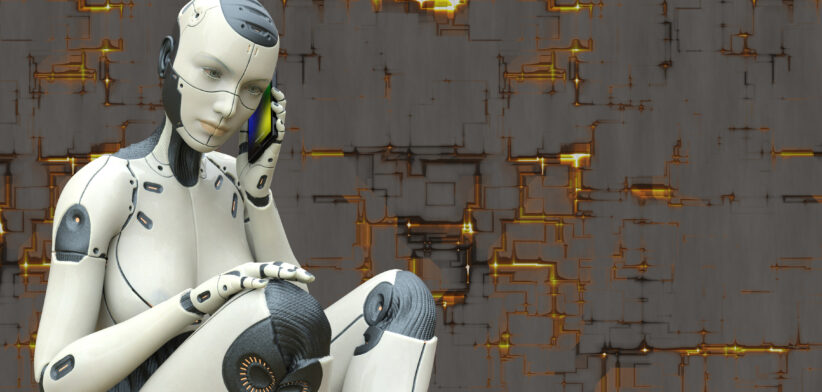Consumers are wary of news produced through artificial intelligence, preferring content attributed to a real human.
Research from the University of Kansas, released this week, found trust and credibility declined when people thought AI was involved in producing the news.
“The findings show that readers are aware of the use of AI in creating news, even if they view it negatively,” the researchers said in a statement.
“But understanding what and how the technology contributed to news can be complicated, and how to disclose that to readers in a way they understand is a problem that needs addressed in a clear manner.”
Study co-author Alyssa Appelman said the team was interested in how the growing concentration of AI in journalism was being perceived by readers.
“People have a lot of different ideas on what AI can mean, and when we are not clear on what it did, people will fill in the gaps on what they thought it did,” Dr Appelman said.
“The results showed that, regardless of what they thought AI contributed to the story, their opinions of the news’s credibility were negatively affected.”
The research involved showing readers a news story about artificial sweetener aspartame and its safety for human consumption.
Readers were randomly assigned one of five bylines: written by staff writer, written by staff writer with artificial intelligence tool, written by staff writer with artificial intelligence assistance, written by staff writer with artificial intelligence collaboration and written by artificial intelligence. The article was otherwise consistent in all cases.
“Results showed that participants had an understanding of what AI technology can do, and that it is human-guided with prompts,” the research report said.
“However, the different byline conditions left much for people to interpret on how specifically it may have contributed to the article they read.
“Even with the byline ‘written by staff writer,’ readers interpreted it to mean it was at least partially written by AI, as there was not a human’s name connected to the story.”
The findings were published in the journal Communication Reports.
The findings on perceived authorship and humanness in a second study were published in the journal Computers in Human Behavior: Artificial Humans.








